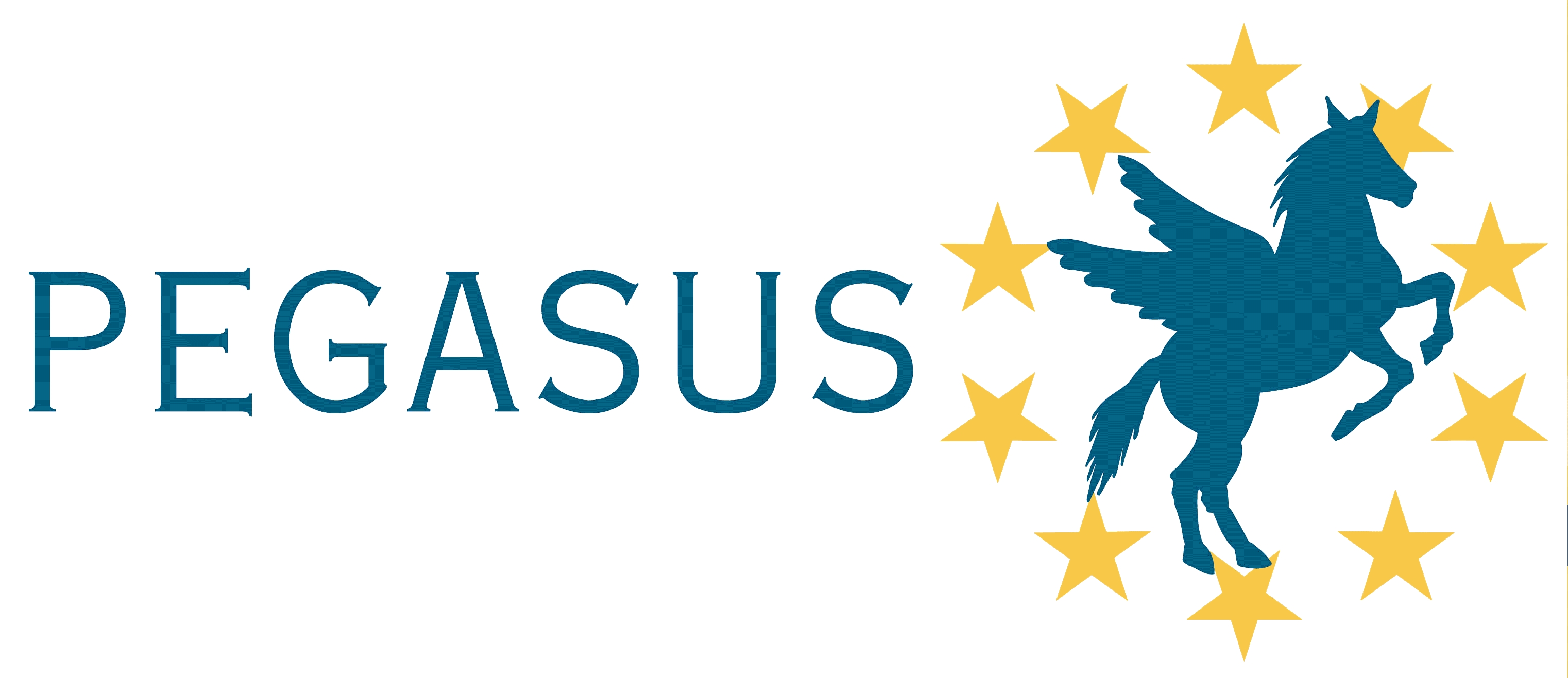PERSEUS is an EC H2020 financed project, to which many PEGASUS partners have contributed. PERSEUS has identified a possible roadmap for the definition of a European quality label for aerospace related higher education degrees.
The main motivations for this study stem from the consideration that, in order to reinforce and corroborate the global competitiveness of Europe in the dynamic global market, it is imperative that the European aerospace sector (i.e. Industry, Research Establishments, Academia, etc.) improves the quantity, as well as the quality and skills of its engineers and researchers on a high level, to provide the correct workforce to the employers in the sector.
The project has involved a great portion of the European stakeholders in aerospace: Universities, research centres, industries (both small and large) networks and associations, accreditation agencies.
The core concept established by the project is that it is possible to establish a sector-specific quality system, that can complement the existing national or European accreditation systems, providing added value to the internal and/or external quality assurance processes that are in place in most EU Universities.
The tools and processes proposed in the project are sufficiently simple to be manageable by Universities even in addition to national accreditation processes, and some field tests and practical application have been accepted very positively by the group of volunteer Universities that freely accepted to act as beta-testers of the process.
The proposed method relies on the definition of a set of core skills and abilities both technical and personal, specific for the aerospace domain and expressed in the form of learning outcomes. These skills are identified by all the stakeholders of the higher education process. Once the sector-specific skills are defined, these form the basis for the evaluation of the fitness-for-purpose of the curricula offered at the EU Universities. Each University will be asked to identify the level of achievement of the identified skills, whereas the employers have been asked to rank the importance of each skill for their specific needs. A comparison of the levels offered by the curricula and the needs of the employers would define the employability of the graduates, hence the sector-specific quality of the curricula. The assessment of the achievement of the learning outcomes requires a site visit of a team of trained inspectors, who will receive in advance the information in the form of a table describing the curriculum and an explicative report. The team of inspectors should be composed of academic as well as non-academic experts.
